Comprehensive Bills Targeting Iran’s Regime Passed by U.S. House of Representatives
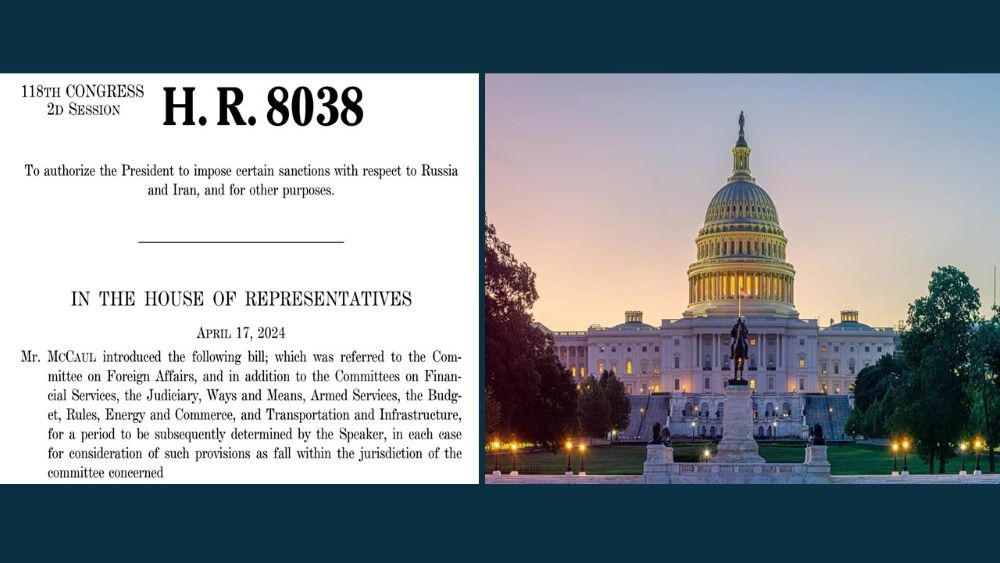
In a significant move reflecting growing bipartisan support, the United States House of Representatives has passed the “21st Century Peace Through Strength Act” with an overwhelming majority of 361 votes in favor.
Iran’s Fiery Charshanbe Suri Uprising: Youth Defy Suppressors, Burn Khamenei and Soleimani Portraits
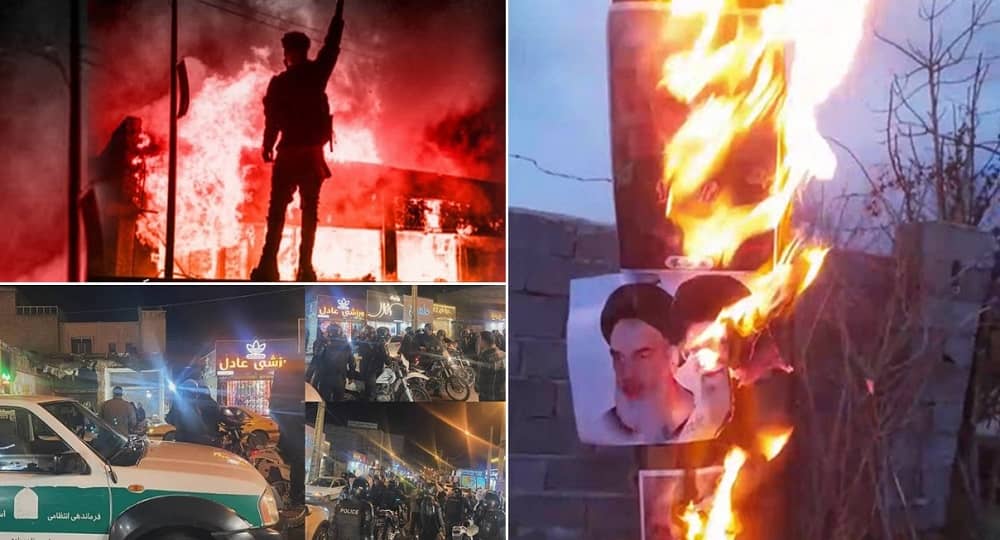
The Secretariat of the National Council of Resistance of Iran (NCRI) issued the statements about the extensive campaign of Charshanbe Suri across Iran by rebel youths against the tyranny and oppression of the mullahs’ regime.
Escalating Concerns Among Iran’s Regime Officials Regarding Accountability for the 1988 Massacre
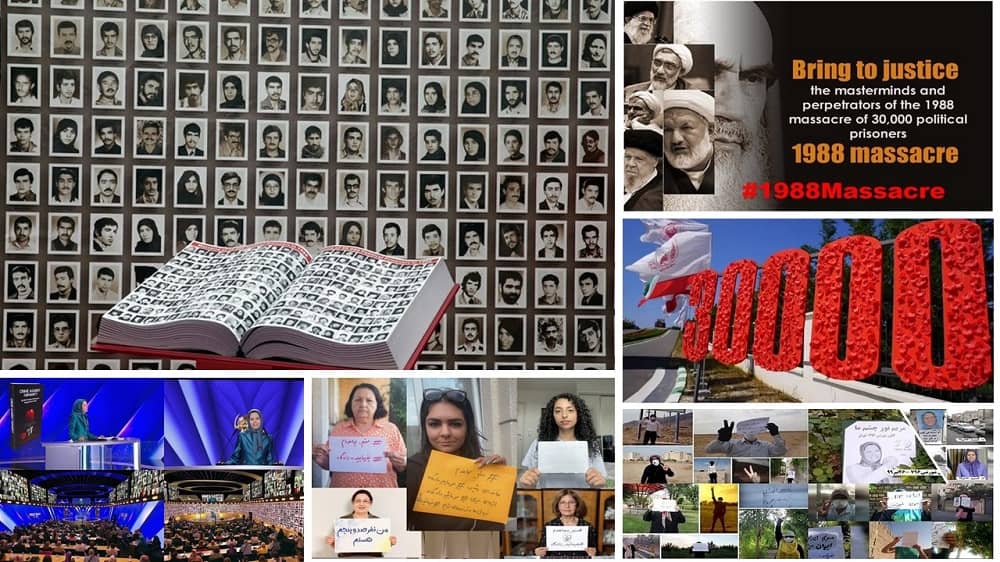
A pivotal incident that remains vivid in history occurred during the summer of 1988. During this time, the ruling authority carried out a harrowing act: the execution of over 30,000 individuals imprisoned for their political beliefs. The majority of these victims were affiliated with the People’s Mojahedin Organization of Iran (PMOI/MEK), including its members and supporters.
Decoding the Why and When of the 1988 Massacre in Iran
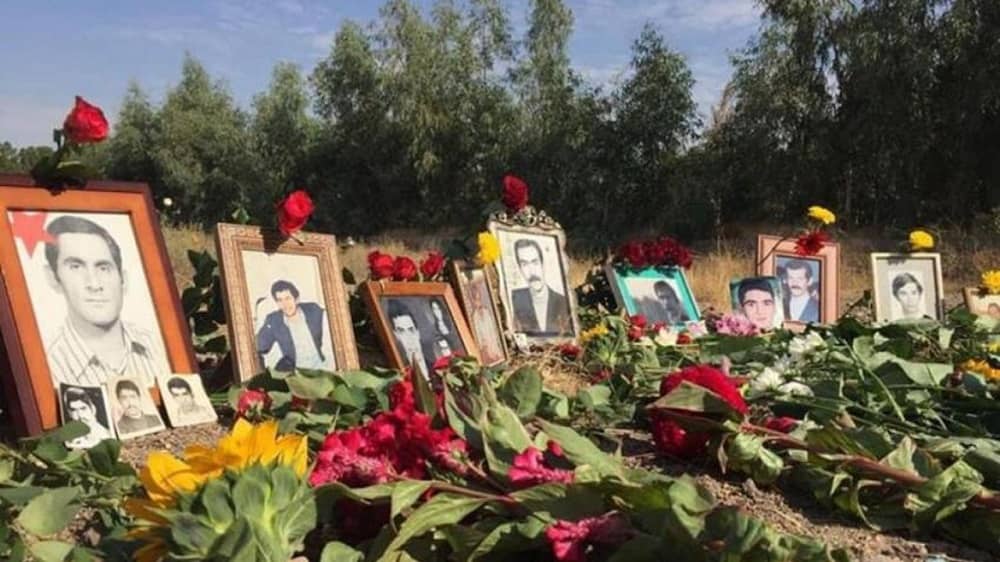
Iran’s history has been marred by a clerical dictatorship known for its deceit and attempts to rationalize heinous actions. Among its darkest chapters is the summer of 1988, when thousands of political prisoners lost their lives in a massacre. State officials, rather than owning up to their roles, try to downplay or deny involvement in what human rights experts consider a “genocide.”
Global Echoes: Demanding Justice for the Victims of Iran’s 1988 Massacre
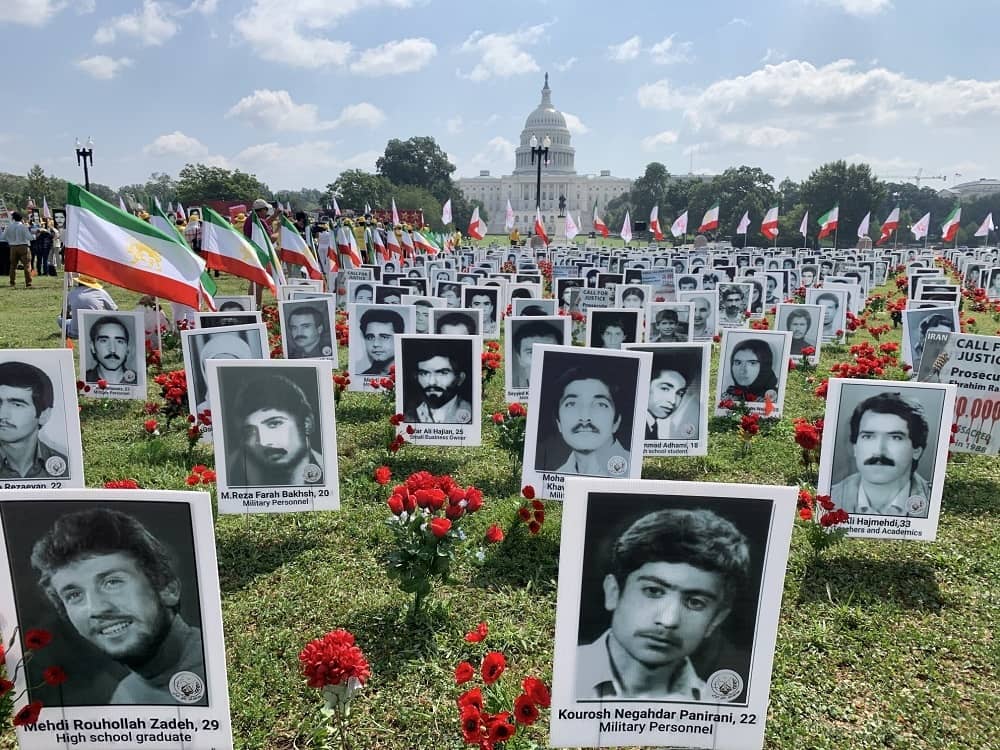
In 1988, the founder of the mullahs’ regime, Ruhollah Khomeini, orchestrated a brutal massacre of political prisoners associated with the People’s Mojahedin Organization of Iran (PMOI/MEK). His intention was to eliminate his main opposition and any potential alternative once and for all. Little did he anticipate that this heinous crime against humanity would ignite a justice-seeking movement that would endure for decades and extend across the globe.
Iran’s 1988 Massacre of Political Prisoners: Unraveling the Critical Events
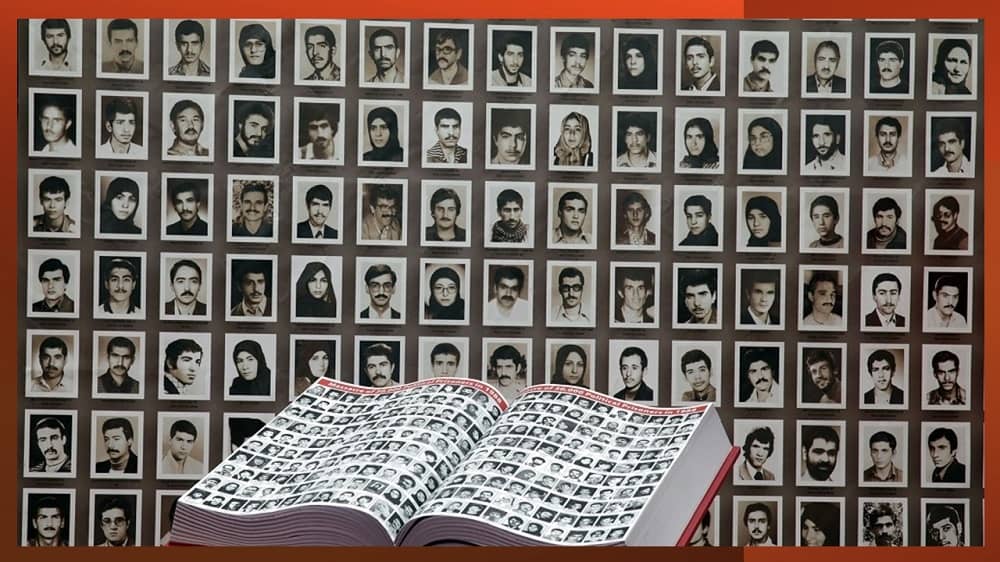
An examination of the political landscape in Iran during 1988 reveals significant events, including the ceasefire of the Iran-Iraq war, the severe illness of Khomeini, the precarious situation of his successor, and the perceived threat from the people and the Resistance. These events all point to Khomeini’s apparent intention to eliminate the MEK (Mujahedin-e Khalq).
Taking Over Iran’s Regime Presidency Websites, Obtaining Classified Documents
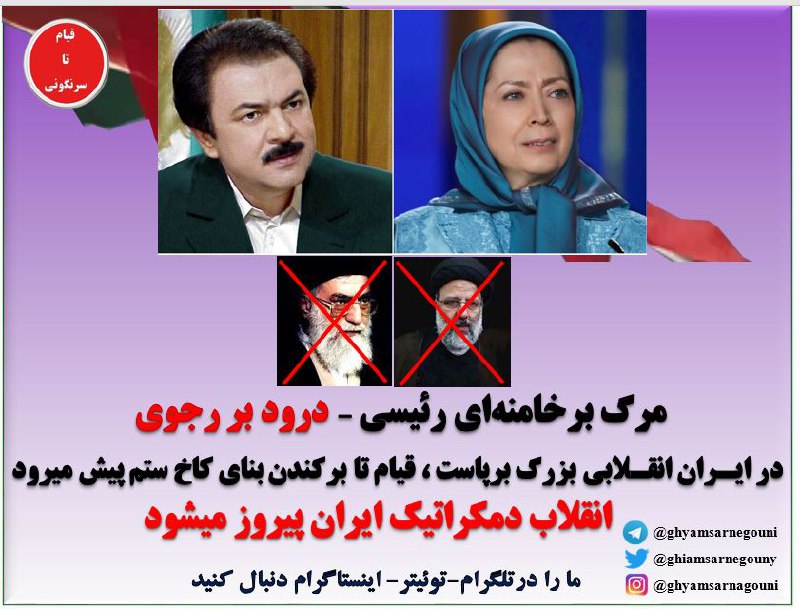
May 29, 2023: A group of dissidents in Iran, known as “GhyamSarnegouni”, has claimed responsibility for their actions in gaining control of and altering multiple websites affiliated with the Iranian presidency.
Maryam Rajavi: The Nowruz of Iran’s Freedom and the Spring of Popular Sovereignty Is on the Way
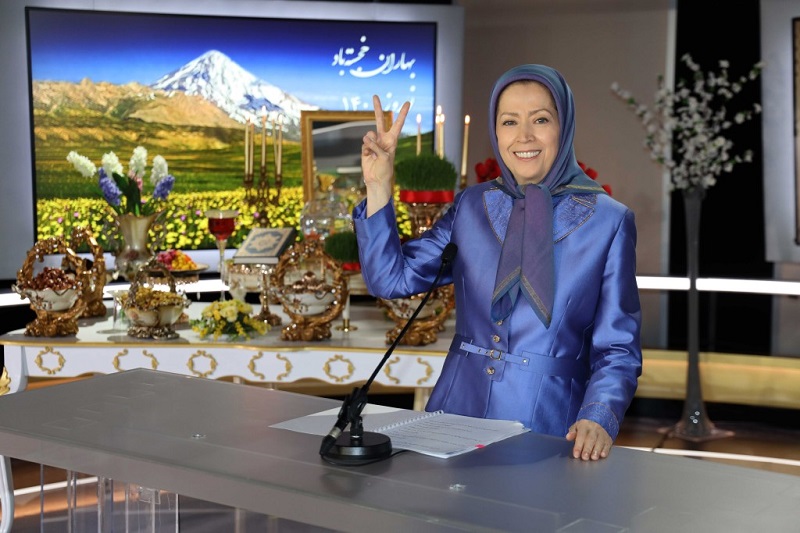
On the occasion of the Iranian New Year 1401 and Nowruz, Mrs. Maryam Rajavi, President-elect of the National Council of Resistance of Iran(NCRI), sent a message.
UN Rapporteur Raises Concerns Over Human Rights Conditions in Iran
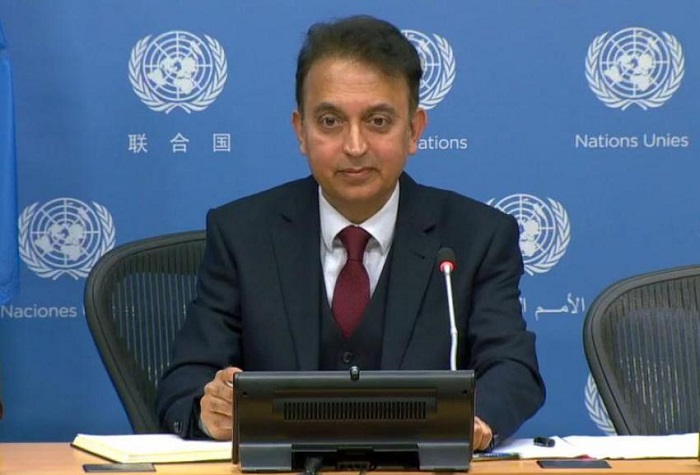
In a report to the UN General Assembly Third Committee, UN Special Rapporteur Javaid Rehman expressed alarm about continued human rights abuses in Iran. Rehman, who monitors human rights in Iran, described the situation as “grim” and warned of “persistent impunity for serious violations of human rights law.” Rehman also raised concern about the “alarming […]
Iran: The 1988 Massacre of Political Prisoners, Destruction of the Mass Graves
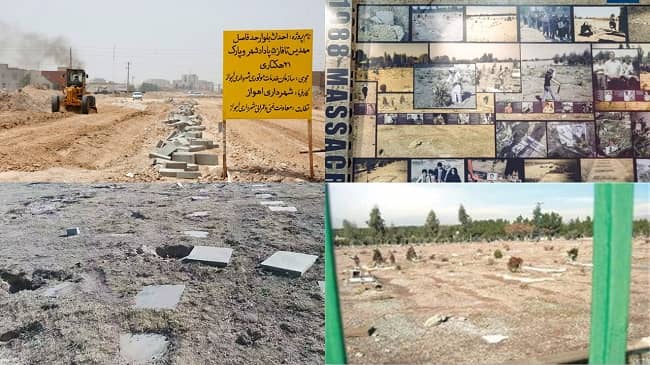
In the summer of 1988, the Iranian regime secretly executed over 30,000 political prisoners and buried them in unmarked mass graves. The victims were prisoners who did not bow to the regime’s dictatorship. Most victims were members and supporters of the Mujahedin-e Khalq (MEK) Three decades on, the relatives of the victims are still searching […]

